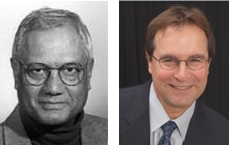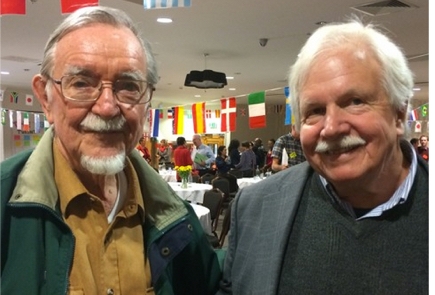Asset-Based Community Development & Appreciative Inquiry: What’s the difference?
I’ve often been asked ‘what’s the difference between Asset-Based Community Development and Appreciative Inquiry?’
Well needless to say there is a huge amount of overlap, and I think they compliment each other really well as tools of emancipation. That said here’s my take on the difference:
Appreciative Inquiry http://www.centerforappreciativeinquiry.net invites us to shift our focus from ‘what’s wrong, to what’s strong’.
Asset-Based Community Development invites us to use what’s strong to address what’s wrong, and to make what’s strong even stronger. It is not critiquing social movements that start with a focus on what’s wrong, but for staying there all the while waiting for an external force to right the wrong. AI and ABCD share the belief that enduring change happens from inside out, not outside in.
The former (AI) is non political, the later (ABCD) is deeply political.
AI steers creatively around what’s wrong, while ABCD as well as looking at what’s strong in communities of place, looks at what’s wrong and asks ‘what have got here that we can use together to make this better?’
Both approaches have their place. They can, and do, compliment each other well in my opinion. The practice example in this blog shows how they can blend neatly together, but they are not the same.
In my view, to lump them both (and other approaches) under generic headings like Strength-Based Approaches is about as clarifying as lumping Community Development and Social Work together under the banner heading of Social Development. There is real value in celebrating ‘difference’ in approaches at the same time as lifting up the common ground. Indeed it is the best way to grow a creative ecology of change that is responsive to different and evolving contexts and circumstances.
Vive la difference!
Cormac Russell

Suresh Srivastva and David Cooperrider
* The birthplace and co-founding of AI happened in the doctoral program in Organizational Behavior at Case Western Reserve University in the collaboration between David Cooperrider and Suresh Srivastva in 1980. As a young 24 year old doctoral student David Cooperrider was involved doing a conventional diagnosis or an organizational analysis of “what’s wrong with the human side of the Organization?” In gathering his data, he becomes amazed by the level of positive cooperation, innovation and egalitarian governance he sees in the organisation.

John McKnight and John Kretzmann
**John McKnight and John Kretzmann pioneered the Asset-Based Community Development (ABCD) approach to urban problems.
This approach begins by looking at the assets that exist in a community rather instead of simply doing a stock take of what is wrong -the traditional ‘needs analysis’.

Pingback: Only connect: Commissioning from an Asset-based perspective | Nurture Development
Daniel Richardsson
What a lovely way to put it. And maybe there is some more lovely angle to see AI from? AI might invites us to broaden our focus and perepcitives from not only ‘what’s wrong’ to aslo ‘what’s strong’, what works and why does it work?
“AI is about the search for what gives life to people, their organizations, and the opportunity saturated world around them.”… “AI chooses to embrace ‘the miracle of life on this planet,’ whereby human organizations, as living systems, are viewed as relationally alive ‘universes of strengths’ (- and assets) https://journals.sagepub.com/doi/full/10.1177/0021886320936265